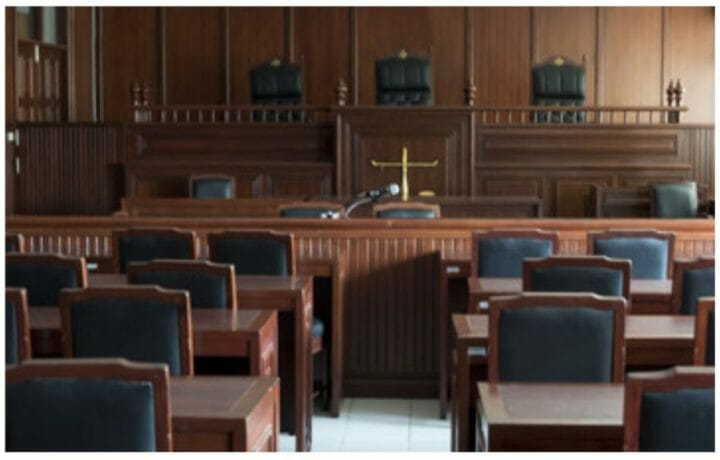Watch enough crime dramas on television and you might assume that every arrest results in a dramatic, high-stakes criminal trial. In fact, the vast majority of criminal cases in this country are disposed of through plea bargaining – a process by which the prosecution and defense negotiate a mutually acceptable outcome.
There is plenty of criticism about plea bargaining from civil liberties advocates, much of it well deserved. Their argument is essentially that plea bargaining is more like legal extortion because of the imbalance of power between the prosecution and defense. Even the innocent might plead guilty to a lesser offense when faced with the prospect of a lengthy, expensive trial and years behind bars.
Criticisms aside, however, plea bargains have been the norm in our criminal justice system for decades, and they are decidedly here to stay. If you ever find yourself in the unfortunate position of negotiating one while holding a security clearance, here are a few things to consider:
Application of the Bond Amendment
Public Law 110-181, Section 3002 – commonly known as the “Bond Amendment” – prohibits federal agencies from granting security clearances to individuals who have been convicted of a crime and incarcerated for more than one (1) year to the day. So if you’re looking at jail time nominally in excess of one year, it may be worth raising this point with the prosecution or the court and pointing out how the interests of justice may be better served by not destroying your employment prospects down the road if your career field is one that invariably requires a security clearance. There is a meritorious waiver process available for individuals who have been incarcerated for more than a year, but getting one is rare and often requires a significant lapse of time – perhaps a decade or more – since the incarceration. On the other hand, it is theoretically possible to obtain a security clearance again a few years after serving a jail sentence, depending upon the nature of the offense and available mitigation.
The Effects of Probation
Unlike the Bond Amendment’s strict application, there is no per se bar to obtaining or retaining a security clearance while on probation. That being said, being on probation often presents a significant challenge for those seeking to obtain or retain a clearance. The government’s argument usually goes like this: if the court can’t trust you yet, why should we?
If possible, try to maximize alternatives like community service while minimizing the length of a probation sentence. Alternatively, most jurisdictions allow offenders to petition the court for early termination of probation after a certain amount of time without a probation violation. If, for example, a sentence of two years’ probation was imposed on you a year ago, you may wish to petition now for early discharge if you’re now reapplying for a clearance or a revocation case (which typically moves at glacial speed) has finally caught up to you.
Ordering Your Priorities
Finally, keep in mind that while losing your security clearance (and with it, potentially your employment prospects) is a terrible outcome, losing your freedom is worse. Many of the people who call my office with a pending criminal case are hoping for a magic formula of plea bargain terms that will inoculate them against fallout impacting their security clearance. Unfortunately, there isn’t one. What I tell all of these folks is the same: do whatever your criminal defense attorney tells you will achieve the most desirable result for your freedom. The rest can be figured out later.
This article is intended as general information only and should not be construed as legal advice. Consult an attorney regarding your specific situation.




